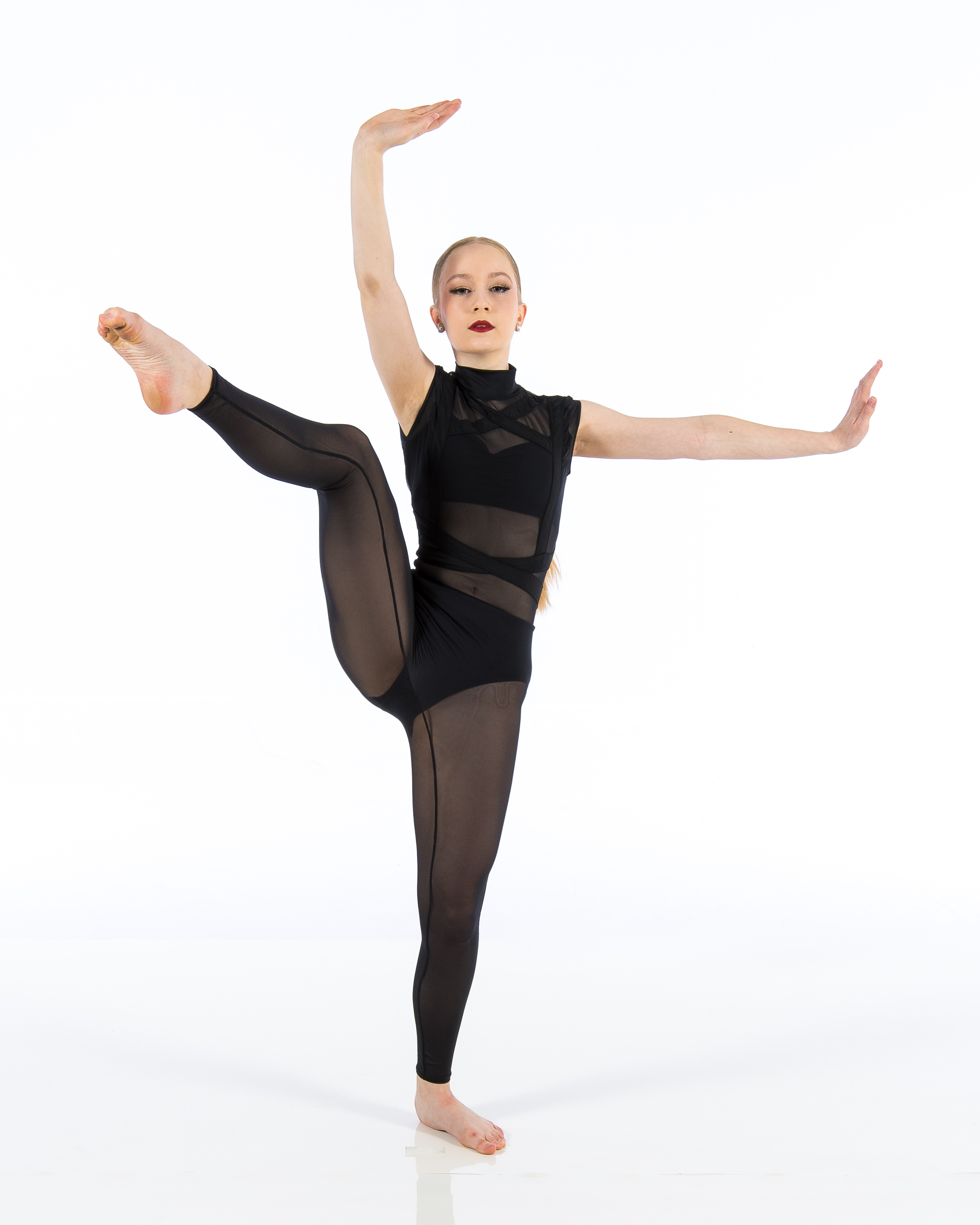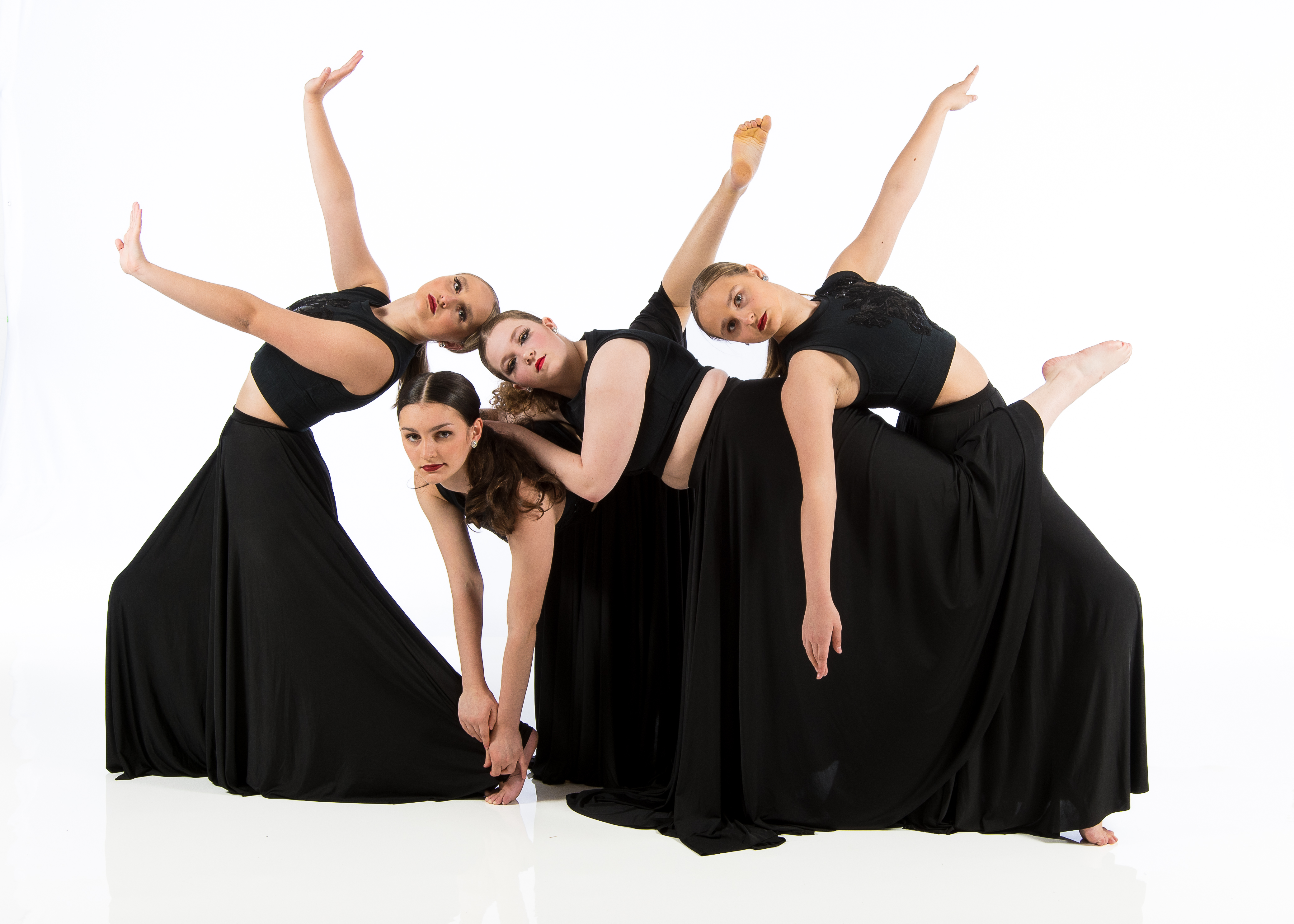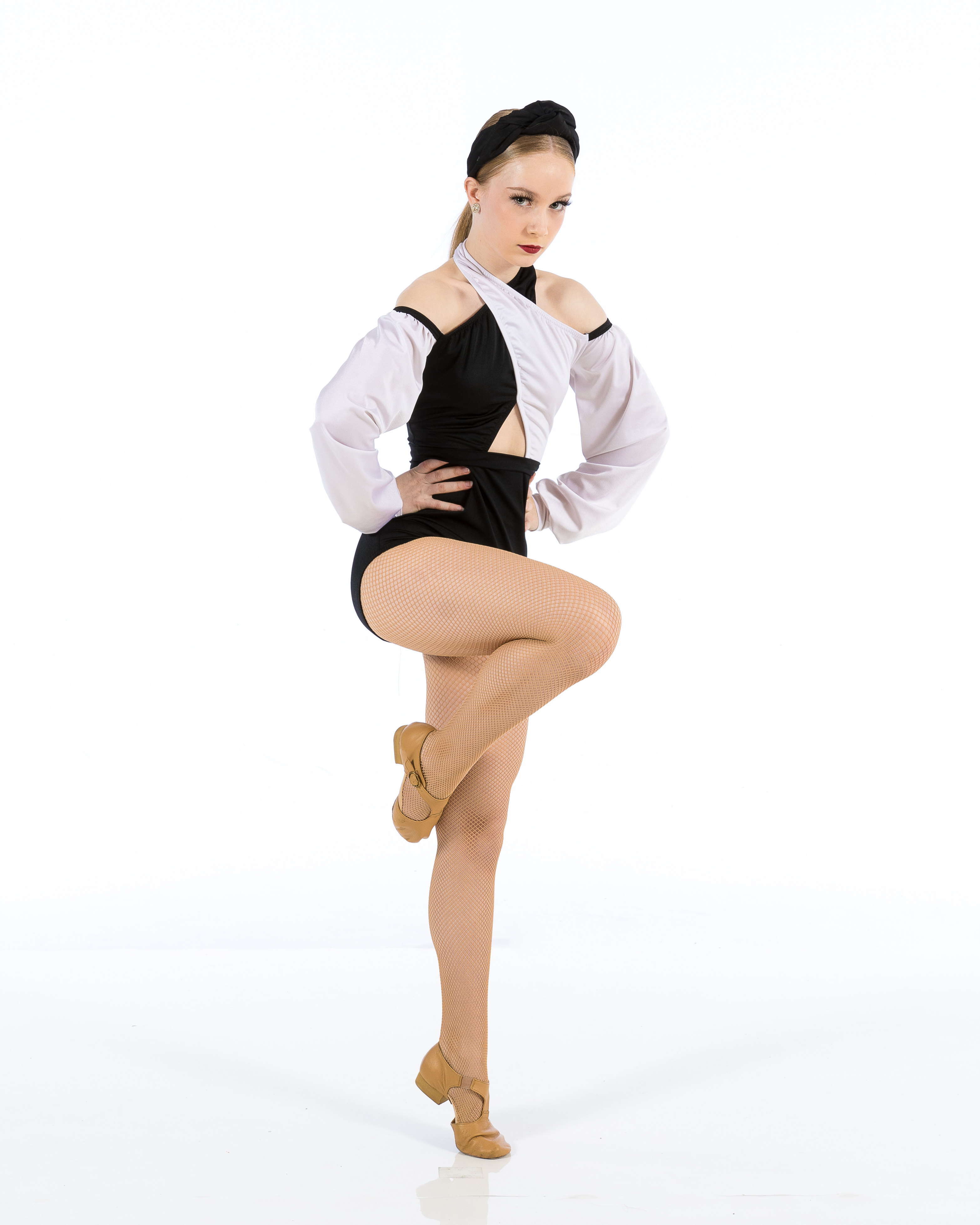Introduction
Stepping into a dance studio for the very first time is an exhilarating experience, one that can stir a cocktail of emotions-- excitement, anxiousness, expectancy. Whether you're an experienced professional dancer or just starting your trip, comprehending the nuances of dance studio decorum can elevate your experience and boost your relationships with teachers and fellow dancers alike. In this extensive overview, we'll dive deep right into Mastering Dance Studio Rules: Important Tips for Beginners and Pros Alike
From fundamental rules to innovative considerations, this short article will certainly cover everything you need to understand about browsing the dynamic globe of dance workshops. So tighten up those shoelaces and let's get started!

The Importance of Dance Studio Etiquette
Why Decorum Issues in Dancing Studios?
In any kind of imaginative atmosphere, rules plays a pivotal duty in maintaining harmony and respect among individuals. Dance workshops are no exemption. Excellent etiquette promotes a favorable ambience where creative thinking can flourish.
- Respect: Being mindful in the direction of instructors and fellow professional dancers constructs common respect. Focus: Etiquette decreases diversions, enabling everyone to concentrate on learning. Community: Etiquette helps create an encouraging area that encourages development and camaraderie.
Common Misunderstandings Regarding Dance Studio Etiquette
Many beginners hold false impressions about what constitutes proper habits in dancing workshops. Let's expose some myths:
- Myth 1: "Only innovative dancers need to adhere to rules." Fact: Rules is essential for all degrees; it shows professionalism. Myth 2: "Teachers are also strict concerning rules." Fact: Teachers enforce rules to preserve order and respect.
Basic Dance Studio Decorum for Beginners
Dress Code: What to Wear?
First perceptions matter! The ideal outfit not only shows your commitment however additionally enhances your performance. Below's exactly how to dress appropriately:
- Comfort: Choose clothing that permit totally free movement. Footwear: Purchase good-quality shoes suited to your dance style.
|Dance Style|Advised Attire|| -------------|-------------------------|| Ballet|Leotard, tights, ballet slippers|| Hip-Hop|Loose-fitting clothing, tennis shoes|| Faucet|Comfy clothing, faucet shoes|
Arriving on schedule: Punctuality is Key!
Being late can interrupt the entire course. Goal to come to least 10 minutes early to:
- Warm up. Settle in mentally.
Tip: If you're running late because of unpredicted circumstances, educate the trainer beforehand.
Quiet Area: Preserving Silence Before Class
Dance workshops grow on emphasis. Maintain conversations to a minimum prior to course begins to guarantee every person can prepare mentally.
Intermediate Dance Studio Etiquette: Building Relationships
Respecting Individual Area in Class
Every dancer deserves their room during session. Stay clear of crowding others while exercising steps or routines.
Why It Matters: Respecting personal area advertises comfort and assists in much better understanding experiences.
Listening Actively Throughout Instructions
When an instructor is talking, it's crucial to take note. Active listening demonstrates respect and helps you realize vital concepts.
How To Show Active Listening:
Maintain eye call with the instructor. Nod when appropriate. Ask clarifying inquiries if needed.Advanced Dance Studio Etiquette: Elevating Your Experience
Providing Positive Responses Wisely
As you expand a lot more seasoned, sharing feedback becomes part of the culture. Nonetheless, method this gently:
Focus on specific motions as opposed to basic critique. Offer tips only if solicited by peers.Encouraging Others: Building Community Spirit
Support your other professional dancers via encouragement:
- Compliment their initiatives genuinely. Celebrate their success openly.
Mastering Dance Studio Rules: Important Tips for Beginners and Pros Alike-- The Trainers' Perspective
Understanding Instructor Expectations
Instructors typically have certain expectations pertaining to habits in course. Familiarizing yourself with these can greatly enhance your learning experience:
Listen attentively when they speak. Follow instructions precisely. Give your best shot throughout every session.Building Connection with Your Instructor
Establishing a great partnership with teachers can be advantageous for your growth as a professional dancer:
- Ask inquiries associated with choreography or strategy after class. Thank them for their assistance post-class; gratitude goes a long way!
Handling Dispute Gracefully in the Dance Studio Environment
Dealing with Disagreements Among Peers
Conflicts may arise within any team setup; recognizing how to manage them gracefully is important:
Approach the individual privately without intensifying tension. Use "I" declarations as opposed to "you" statements (e.g., "I really felt overlooked when ...").Addressing Concerns with Teachers Professionally
If you have worries concerning instruction or classroom dynamics:
Request a private conference after course hours. Express your feelings constructively concentrating on services as opposed to complaints.The Role of Non-Verbal Communication in Dancing Studios
Understanding Body movement Signals
Dance inherently entails non-verbal interaction; comprehending just how body language features in More helpful hints this context is crucial:
Positive body movement (e.g., open stance) cultivates connection. Negative signals (crossed arms) may convey defensiveness or disengagement.Using Eye Call Efficiently During Classes
Maintaining eye contact with trainers conveys listening while likewise assisting build relationship amongst peers throughout team performances!
FAQs
Q1: What need to I use for my initial dancing class?

Q2: Is it alright to miss courses occasionally?
A2: Life occurs! Inform your trainer in advance if possible; they'll value your consideration.
Q3: Exactly how do I take care of feeling shy around various other dancers?
A3: Start small-- present on your own individually before broadening interactions gradually as knowledge grows!
Q4: Can I bring friends along to observe classes?

Q5: What if I disagree with an instructor's feedback?
A5: Approach them respectfully post-class; reveal sensations making use of "I" declarations concentrating on positive dialogue rather than confrontation!
Q6: Must I join performances also if I'm new?
A6: Absolutely! Participating boosts self-confidence-- speak out relating to any reluctances so lodgings can be made accordingly!
Conclusion
Mastering dance studio etiquette isn't practically adhering to regulations; it has to do with growing an enriching atmosphere where everyone really feels valued and motivated-- whether you're simply beginning or fine-tuning advanced strategies as an experienced pro! By adhering carefully to these necessary pointers laid out below under Mastering Dance Studio Rules: Essential Tips for Beginners and Pros Alike, not just will you enhance your own experience however additionally add favorably towards supporting a welcoming area within each dance studio you poise with your visibility! So take these insights ahead right into every studio room you get in-- and let the rhythm lug you toward excellence!